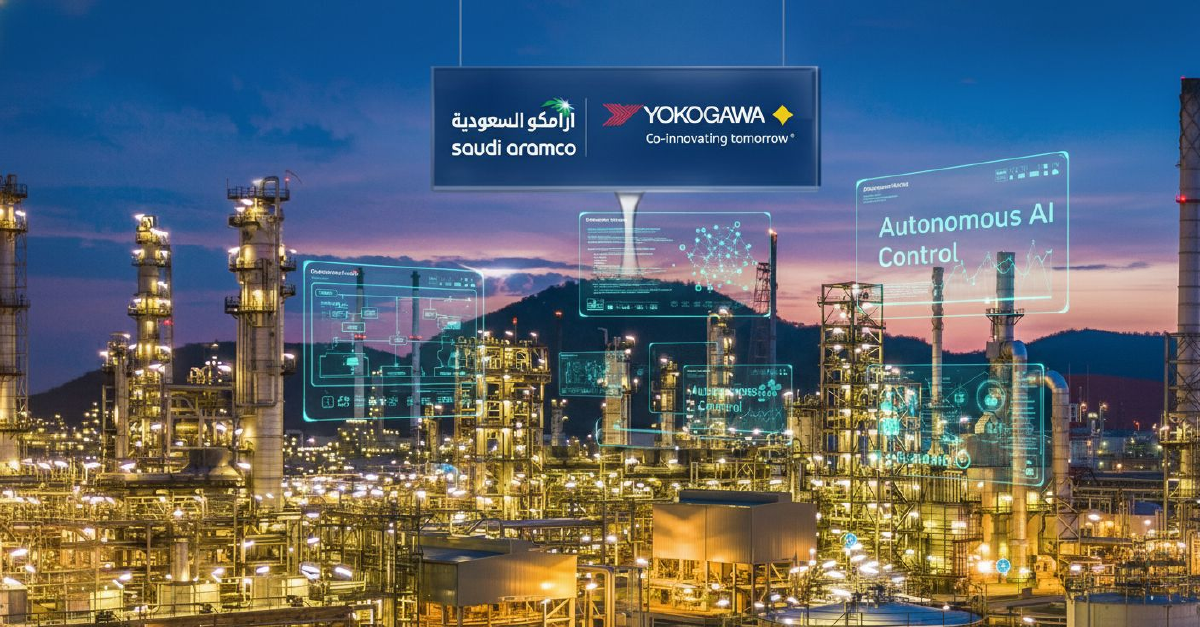Aramco and Yokogawa just deployed multiple autonomous AI agents at Saudi Arabia’s Fadhili Gas Plant, and they’re not assisting operators—they’re running the show. Using Yokogawa’s Factorial Kernel Dynamic Policy Programming (FKDPP) reinforcement learning algorithm, these agents now autonomously control the plant’s acid gas removal processes. The results: 10–15% reduction in amine and steam usage, roughly 5% less power consumption, improved process stability, and significantly fewer manual interventions.
This isn’t a pilot project tucked away in a research lab. It’s full autonomous control of critical industrial infrastructure, deployed in three phases with AI agents trained on plant simulators before integration with the existing control systems. The efficiency gains are real, measurable, and exactly what you’d want from industrial automation.
But here’s where it gets complicated. We’re watching AI systems take over processes that, if they fail, don’t just crash a website—they could impact safety, environmental systems, and operations at massive scale. Yokogawa addressed this by training the agents in simulation first, which is smart. But simulation doesn’t capture every real-world edge case, and reinforcement learning models optimize for the patterns they’ve seen, not necessarily the anomalies they haven’t.
The other question: what happens to the operators? Fewer manual interventions sounds like efficiency, but it also means fewer people learning how these systems actually work at a deep level. When automation runs smoothly, expertise atrophies. When automation fails, you need that expertise immediately.
This deployment matters because it’s proof that autonomous industrial AI works in production, at scale, with measurable benefits. But it also signals a shift where we’re trusting black-box reinforcement learning models with critical infrastructure decisions. The efficiency is undeniable. The long-term implications—workforce, safety oversight, dependency on AI for processes humans used to understand intimately—are still unfolding.
Aramco and Yokogawa aren’t alone in this direction. They’re just the latest to bet that the gains outweigh the risks. Whether that’s visionary or premature depends on what happens when the edge cases arrive.
Learn more: Read Yokogawa’s official press release about the deployment at Fadhili Gas Plant.


